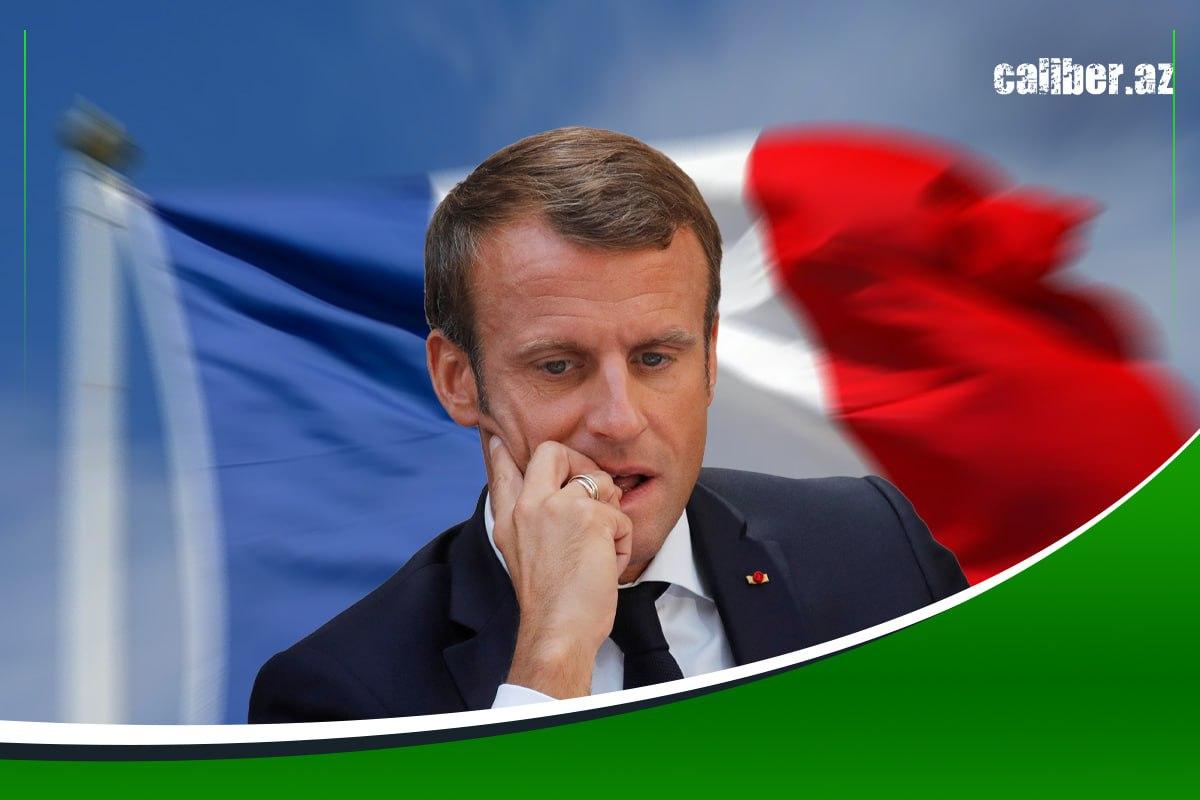When distrust breeds unrest: Yellow Vests eye streets over Macron’s "poor" policies And PM Bayrou’s austerity plan
Amid a fragile domestic economic situation and significant gaps in monetary policy, Macron’s France finds itself on the brink of yet another crisis. According to France Info, the left-wing opposition in the French parliament intends to relaunch the procedure for President Emmanuel Macron’s removal if Prime Minister François Bayrou fails to secure a vote of confidence from MPs on September 8.
“The cause of the [crisis] needs to be addressed, and Mr. Bayrou is not responsible for the situation we are in. This is the consequence of poor economic policy and poor political leadership by Macron,” the founder of the leftist party La France Insoumise, Jean-Luc Mélenchon, told the outlet. According to him, such a step is necessary to prevent the head of state from appointing another prime minister who would continue the policy that led to the current situation.
As of today, the French people have amassed a considerable number of reasons to be dissatisfied with the current authorities due to several factors.
Firstly, according to experts, France’s economy is experiencing a period of stagnation, driven by domestic political instability, which is also affecting the country’s investment appeal.
Secondly, the combination of high inflation and declining demand paints a bleak picture for the future of the Fifth Republic. It is no coincidence that the British newspaper The Guardian reports that France’s budget deficit reached 5.8% of GDP last year—nearly twice the EU’s official limit of 3%—raising the possibility of a government reshuffle in the country.
“The French prime minister is likely to be removed from office, and his government dismissed next month as a result of the confidence vote, which could plunge the country into an even deeper political crisis,” the outlet writes.
Earlier, François Bayrou stated that on September 8, he would seek parliamentary support for his highly unpopular plan to strengthen France’s budget, which, instead of cutting spending, proposes freezing increases in pensions and social benefits, as well as cancelling two public holidays.
The French public was outraged by the fact that Bayrou blamed the country’s dire financial situation not on the government, but on his fellow citizens, who, according to him, take too much time off and work with lower productivity than other Europeans.

In response, a protest movement against the prime minister’s announced austerity plan is gaining momentum across the French social media sphere, while supporters of far-left and far-right parties have even called for September 10 to be a nationwide day of protest, urging people not to go to work that day—or on subsequent days.
This suggests that France could face a new wave of protests by the Yellow Vests movement early this autumn, reminiscent of the unrest that shook the country in late 2018 amid public discontent over rising fuel taxes. At that time, President Macron’s approval rating took a significant hit.
In the years that followed, Macron’s leadership failed to reverse the trend, and his approval rating never reached high levels domestically or internationally. In January 2025, Bloomberg reported, citing an Ipsos survey, that the French president’s rating had fallen to a six-year low.
“Compared to November, Macron’s approval rating dropped by two points to 21%, approaching the lowest level of 20% seen in December 2018, when the country was shaken by the Yellow Vests protests,” the agency noted, emphasizing that his rating has fallen by 12% since June 2024, when he unexpectedly announced snap parliamentary elections that led to a deep split in the National Assembly (the lower house of parliament) and a political deadlock over budget planning.
The international agency also highlighted François Bayrou, noting that he began his term with the lowest approval rating—20%—among all six prime ministers appointed by Macron.
According to the survey, the French public favours far-right leaders Marine Le Pen (34%) and Jordan Bardella (33%).
At the beginning of this year, Le Figaro, citing a social survey, reported that 61% of the French population supports the president’s resignation, with 62% of respondents describing Macron’s rule as authoritarian.

Notably, the decline in the French president’s approval rating is driven not only by weak monetary and fiscal policies but also by significant failures in foreign policy—from Africa to the South Caucasus.
Taken together, these factors underscore the ineffectiveness of Macron’s governance, which has been under strain almost since the early years of his presidency.
As for the upcoming domestic political situation, despite the deepening crisis, international analysts believe that Macron will try to avoid another round of snap elections and will likely limit himself to appointing a new prime minister. Whether such a move will be sufficient to address the country’s numerous problems remains a rhetorical question. One thing, however, seems highly probable: Macron will make every effort to retain his power, even if a confrontation with the Yellow Vests representatives proves unavoidable.








